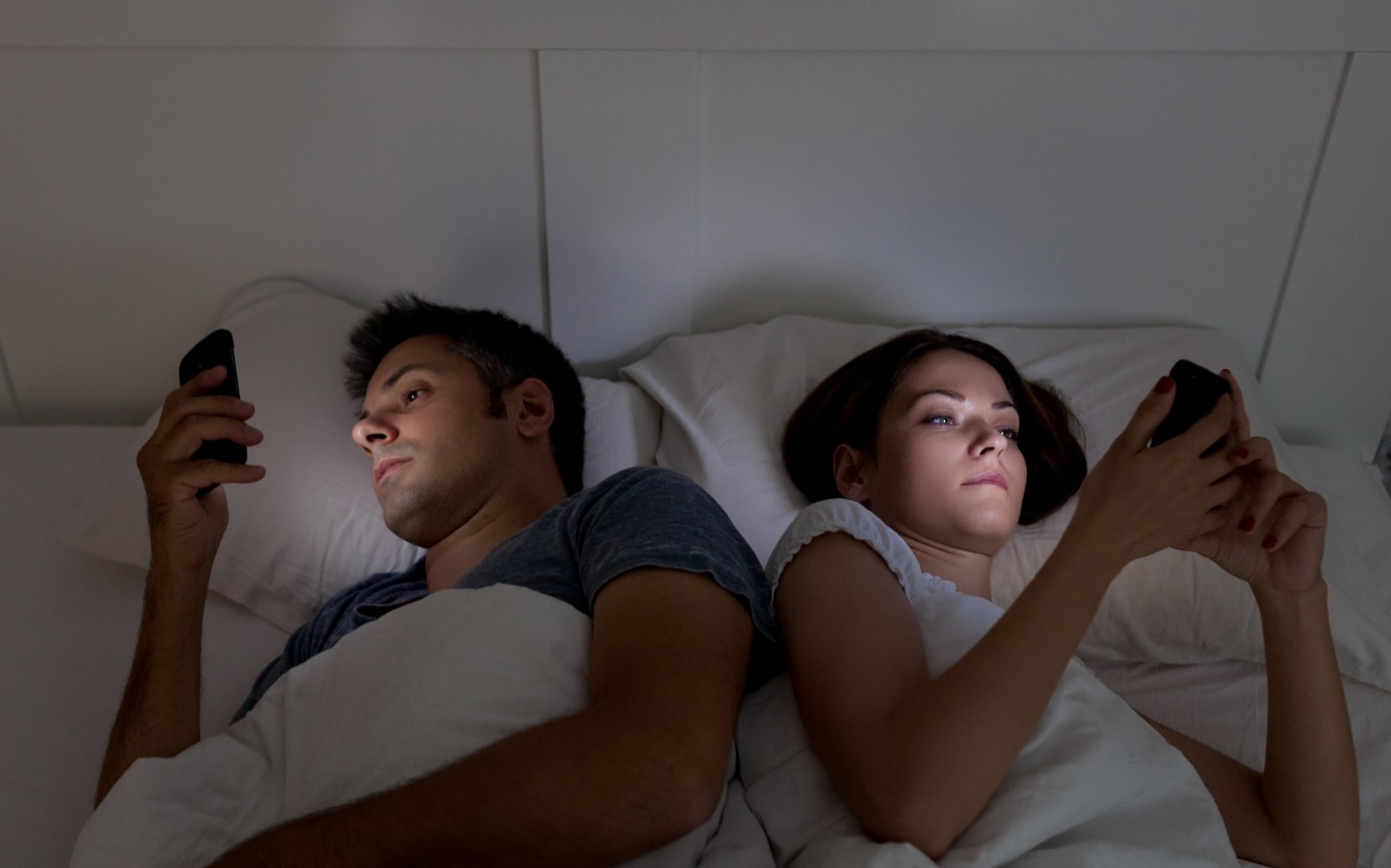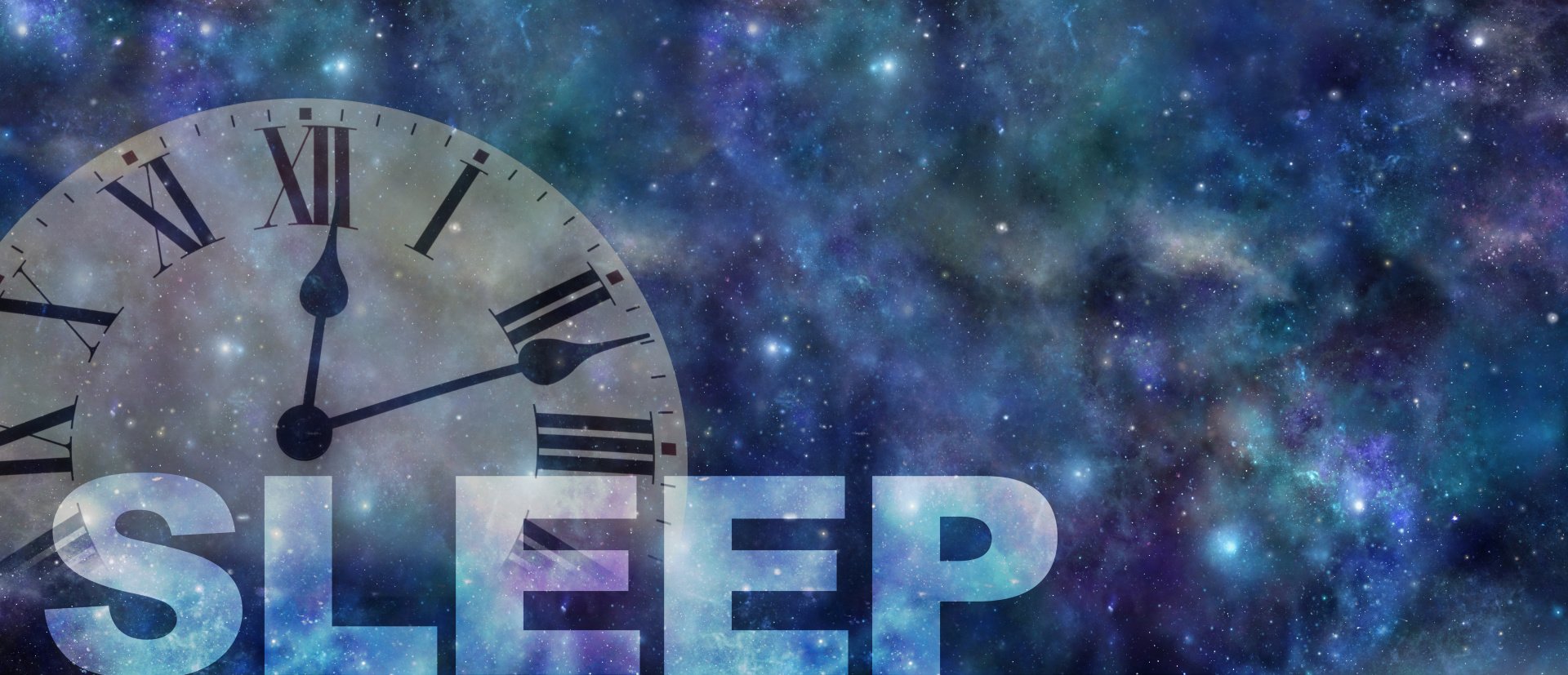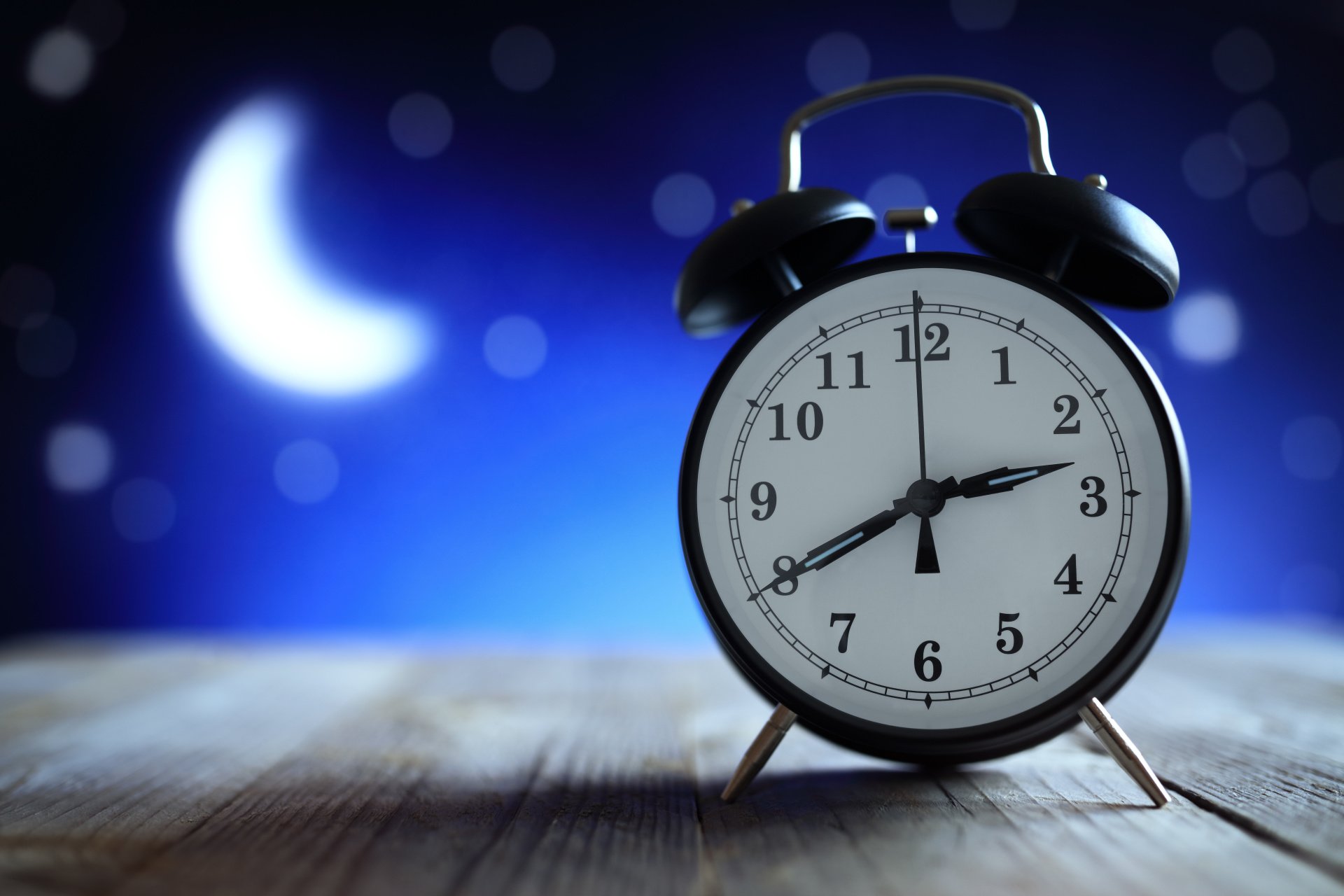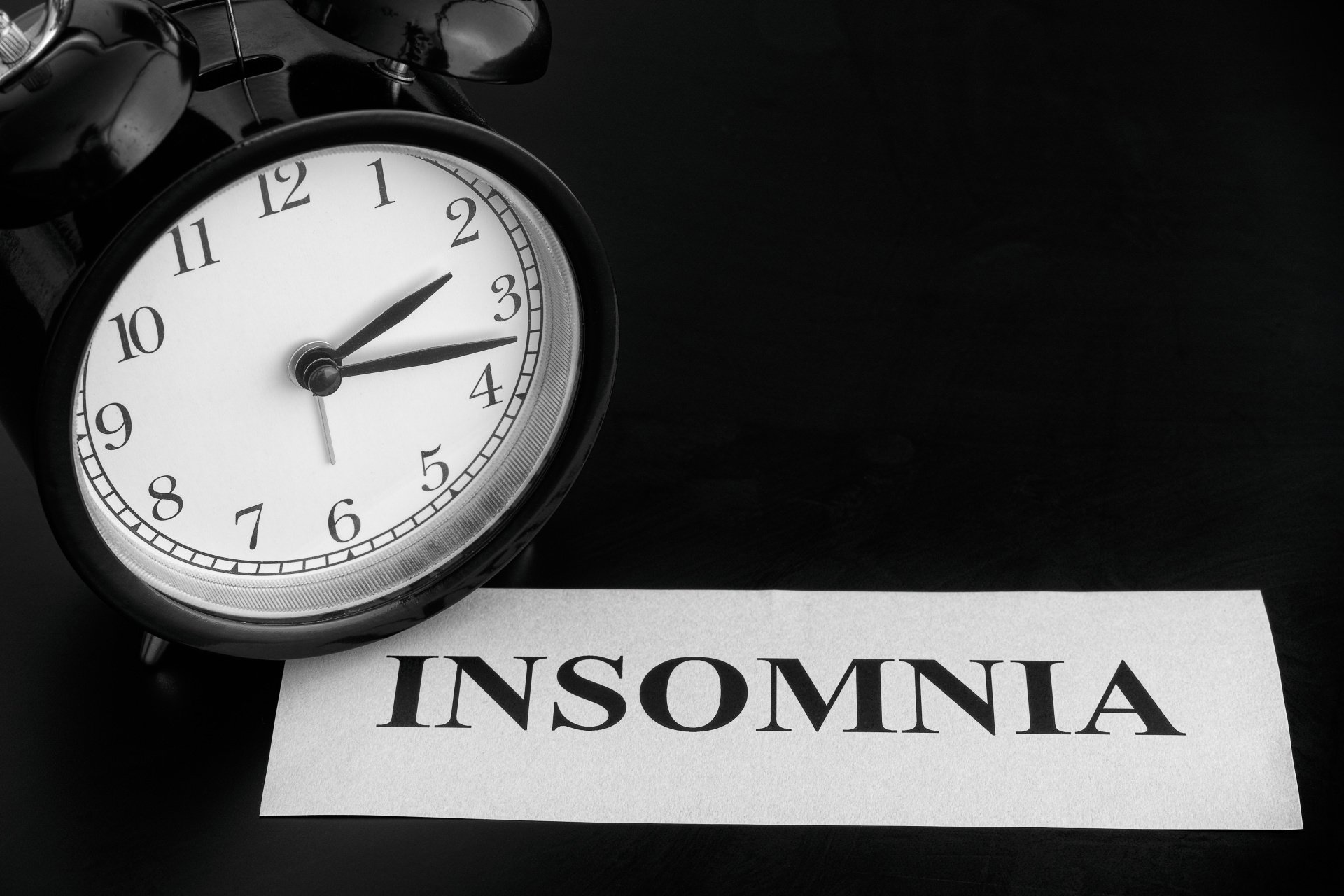Sleeplessness is an epidemic in the United States. More than 70 million American adults suffer from some form of a sleep disorder, and with this sleep deprivation comes a host of health problems and safety risks. From diabetes to car accidents, lack of sleep is a significant concern in the medical community.
But our modern world is full of lights, devices, technology, and shift work. These realities can make it very difficult for your body to fall asleep and stay asleep.
So, assuming our tablets, phones, and light bulbs aren’t going anywhere anytime soon, how do you fall asleep when sleep seems to elude you? The doctors at Balanced Care are here to help.

The Biology of Sleep
No one denies the importance of proper rest for our bodies, but very few people understand what is going on during the sleep cycle. The cycle is divided into “quiet” non-REM sleep (N-stages) and REM sleep. Each cycle lasts about 90-110 minutes, and most adults should have about four or five cycles each night. Let’s take a look at the steps you go through during a good night of shut-eye.
Stage N1: This short stage lasts about five minutes and is the transition from wakefulness to light sleep. You aren’t fully aware of your surroundings during this period and can be awakened easily. This is the stage where you may suddenly jerk awake after the sensation of falling.
Stage N2: In this period you are starting to experience real sleep. Your body temperature begins to drop, and your breathing and heart rate slow. During this stage, you have irregular brain activity, which scientists believe may be when your brain moves information to its long-term storage. People in this stage are harder to wake up.
Stage N3: Here is where you enter deep sleep, also known as slow-wave sleep because of how the brain wave activity looks on an EEG. During N3, your breathing and heart rate slow way down. Your blood pressure drops, and you are very difficult to wake. This is the time of the sleep cycle where night terrors and sleepwalking occur. For children, this is when they are likely to wet the bed
REM Sleep: Often referred to as the “dream state,” REM stands for rapid eye movement. This stage involves significant brain activity, similar to that of a wakeful state. Your blood pressure and heart rate approach wakeful levels also. The eyes twitch and move, and dreams are most vivid and memorable during this time.

The Medical Importance of Sleep
Aside from the social problems that can arise from you being distracted, tired, inattentive, and cranky, sleep deprivation brings serious health risks. Just driving while sleepy is a considerable hazard, causing more than 1,500 deaths per year. And the list goes on from there. Chronic sleeplessness is responsible for:
Weight gain
High blood pressure
Suppressed immune system
Increased risk of diabetes and heart disease
Poor balance
Decreased sex drive

The deep sleep part of your sleep cycle is when the body releases human growth hormone. This hormone is responsible for repairing muscles and tissues and for boosting your immune system. If you don’t have the proper amount of slow-wave sleep, your body does not get the time needed to repair itself.
Scientists are also starting to understand the importance of REM sleep as well. Just as deep sleep allows your body to do some physical restoration work, it appears that REM sleep restores your mind. Researchers believe REM sleep may help you process and remember information you recently absorbed.
How Do You Make Sure You Can Fall Asleep?
With over a dozen prescription sleep aids on the market, not to mention the over-the-counter options, it may seem like the perfect solution to sleeplessness is right there at the pharmacy. But when you start to see that the side effects include dizziness, headaches, nausea, diarrhea, memory problems, and dependence, you may want to look at safer, more natural remedies. Here are some effective ways to help you fall asleep without the use of medications:
There is no way our bodies can immediately shut off all of that stimuli once it is time to sleep. You can help your body prepare for sleep by turning off devices and avoiding screen time at least an hour before you want to fall asleep. Also, keep your room darkened, and the temperature cool, between 60 and 67 degrees.
Try meditation and mindfulness
With lives that are busier than ever, it can be challenging for people to calm all of their thoughts enough to fall asleep. A racing brain does not allow for proper sleep cycles and can add anxiety into the mix as well. There are many classes and apps available to guide you in meditation, and it is proven to be an effective, safe solution to sleep problems.
Consider a magnesium supplement. Magnesium, present in foods such as legumes, nuts, leafy greens, salmon, and avocados, is one of the most common minerals in our world. And it is needed by every cell in our bodies. Magnesium glycinate is easy for your body to absorb and helps with everything from constipation to inflammation to sleep. Adding this powerful mineral into your diet can help your body regulate itself correctly so you can sleep.
Enjoy some Sleepytime tea. The warmth of an evening cup of herbal, non-caffeinated tea can signal your body that it is time to sleep. With sedative herbs like valerian and chamomile, Sleepytime tea helps your body begin to relax. Other herbs like lemon balm and lavender are calming and help combat anxiety. Making a cup of tea part of your pre-bedtime routine will get you on the road to healthy sleep cycles and good health.

The doctors at Balanced Care know that quality sleep is one of the biggest keys to your overall well being. We are eager to help you learn how to get your sleep cycle working correctly so you can get back to feeling great. Call today to set up an appointment.

